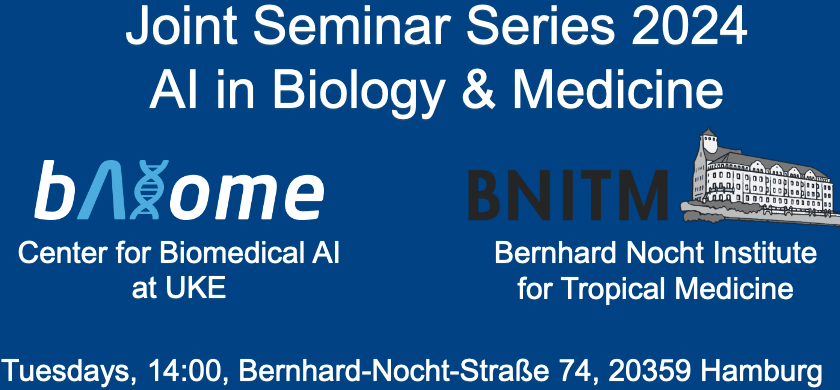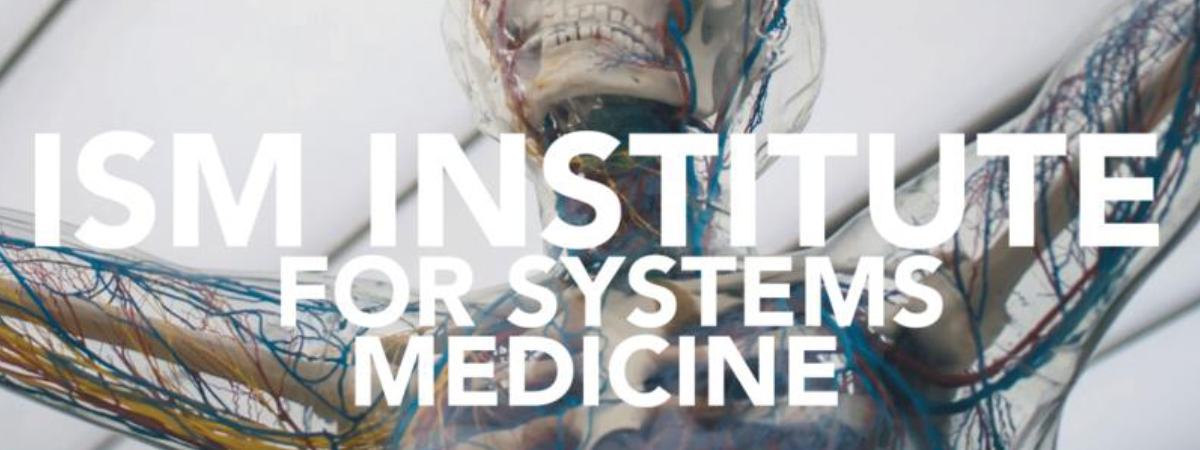Austauschen und Netzwerken - für Gestalter:innen des digitalen Gesundheitswesens
Wie können wir Digitalstrategien im Gesundheitsbereich neu denken? Und welche Chancen und Herausforderungen hält das Thema Digital Health für Gründerinnen und Gründer bereit? Der »Roof Talk Digital Health« bietet zu diesen und ähnlichen Themen eine Plattform zum Austauschen und Netzwerken – für Gestalterinnen und Gestalter des digitalen Gesundheitswesens und alle, die sich für diese an Bedeutung zunehmende Branche interessieren.
Der »Roof Talk Digital Health« findet jährlich am letzten Donnerstag im Juni statt. Über den Dächern Hamburgs mit Blick auf die Elbphilharmonie und den Hafen kommen Unternehmer:innen, Gründer:innen und Entscheider:innen aus Krankenhäusern und Verbänden sowie Forschende und Studierende ins Gespräch. Abgerundet wird das Programm in der Regel mit zwei Kurzvorträgen.
Die Teilnahme ist kostenfrei und für Getränke und Verpflegung während der Veranstaltung ist gesorgt. Um unsere Planung zu vereinfachen bitten wir um formlose Anmeldung bis zum 22. Juni 2025 unter veranstaltung@medicalschool-hamburg.de

















